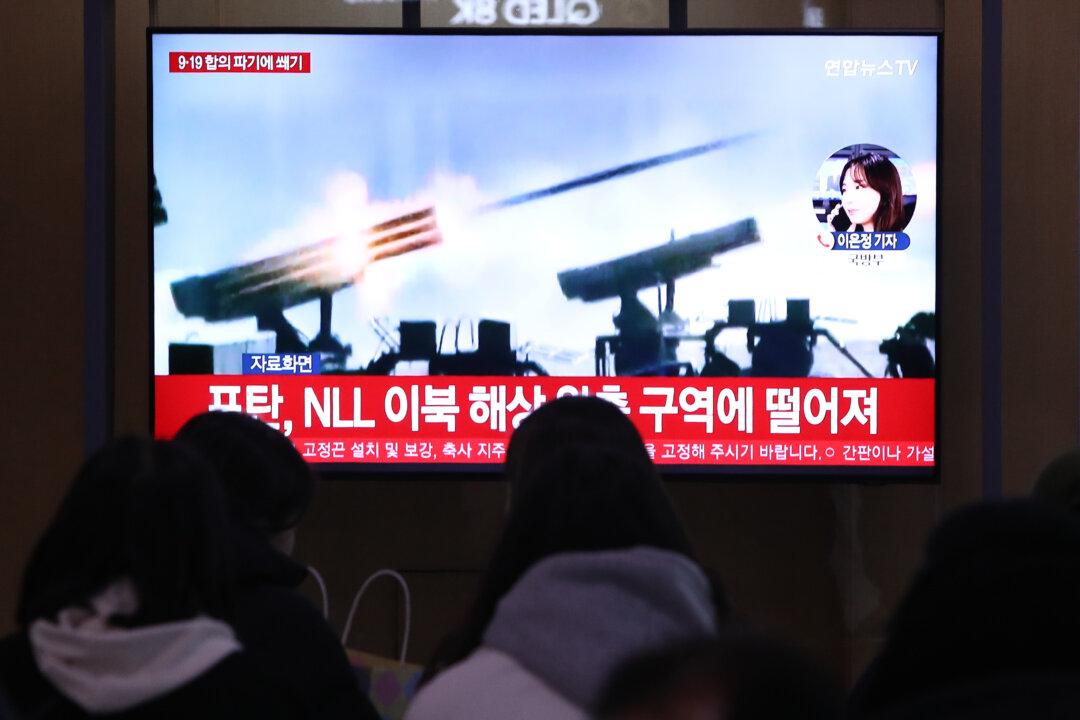Just a few days into 2024, North Korea intensively fired artillery shells into nearby South Korean waters, intensifying tensions on the Korean Peninsula. To cope with the current crisis, according to a military expert, South Korea needs to strengthen its power and deepen its ties with its allies.
On Dec. 30, 2023, Kim Jong Un said in the ruling party’s congress that he would redefine the position on North-South relations and unification policy, advocating that the relationship between the two Koreas is “no longer a kinship or homogeneous relationship but has completely become a relationship between two hostile countries, two belligerents at war.”





